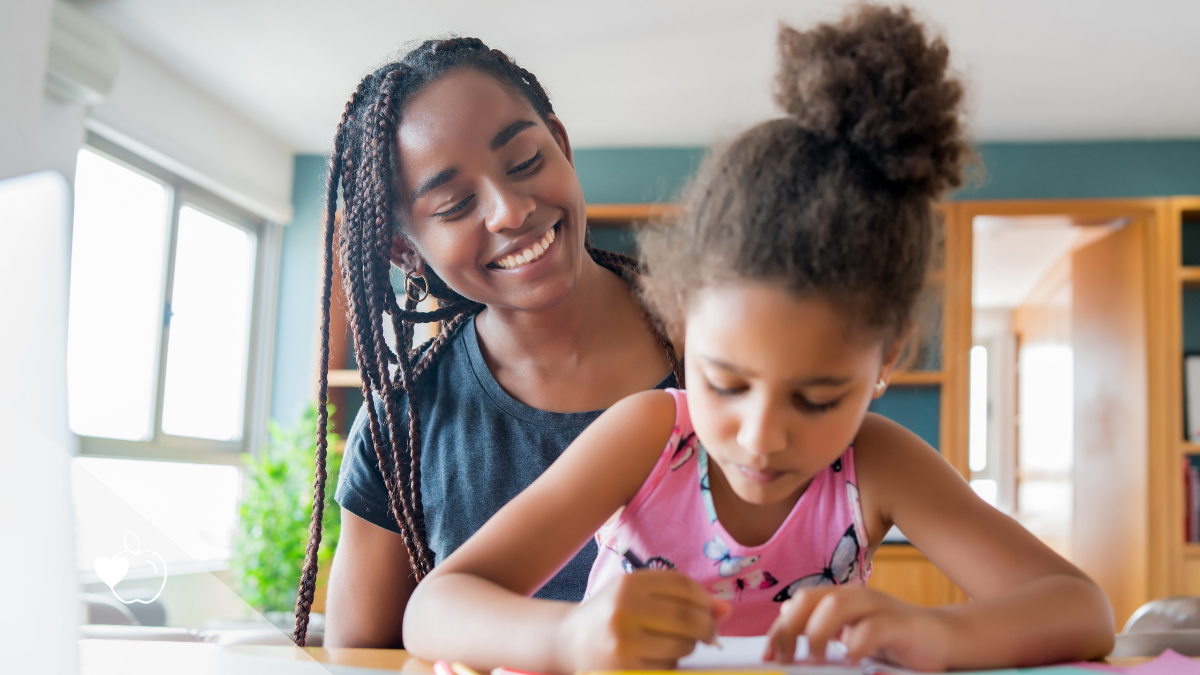Pamela Diesel
While schools have been closed during lockdown, many parents and guardians have found the experience of trying to ‘teach’ their own children overwhelming. Teachers, on the other side of the screen, have also faced the challenge of trying to connect with and support learners.
I am a mom to four boys. I am also a teacher, a deputy principal with many wonderful years of teaching behind me. But even I found it challenging to teach my own children and had to dip deep into my ‘creative box’ and think practically.
Parents, most of whom are not teachers, have been thrust into a situation they are largely unprepared for. Of course, as teachers, our focus is always on our learners. But I wonder if, during this time, extending a bit more support to parents may make remote learning easier for everyone – including ourselves.
And so I’ve asked myself: What would my recommendations be, as a teacher, for other parents? I’ve come up with 10 ideas that you can share with your pupils’ parents to keep them sane and help their children to stay on top of things, academically and mentally.
1. Create a household routine
It is essential to work out a daily routine that will suit your family, and to ensure that it is adhered to (as best as possible). Create set times for work and play (see more below on guidelines for using school timetables and setting breaks). Structure creates safe boundaries for children and helps everyone to manage day-to-day commitments. Of course, the schedule will need tweaks from time to time but once you’ve found a routine that works, stick to it!
2. Start the day right
Being under lockdown is not the same as being on holiday. The first part of your routine, on weekdays at least, must be to get the kids up early, as you would if you were heading to school. Keep the day as normal as possible and make sure everyone has had breakfast, washed and got dressed – these are essential starters. If you don’t yet have this rule in your house, implement it: You cannot start online learning in your pyjamas.
3. Create an organised workspace
It is important to find a place in the house that is fairly quiet and has as few distractions as possible. Any equipment or stationery that is needed to complete schoolwork must be accessible. At the end of each day, ensure that the space is tidy and ready to start the next day. You can even go as far as pinning the schedule, timetables, assignments, passwords and teacher email addresses to the wall.

4. Follow the school timetable
Just as your family routine is important, so is having a specific school timetable for your child to follow. A detailed plan will help your child to be productive, ensuring that classes are attended and work is completed on time.
5. Take breaks
It is very important to schedule sufficient breaks, including lunch time. Discuss this with your child. Send them outside for a run, a little vitamin D and a time to just ‘be’. Always make sure that lunch is healthy and filling. Drinking water is also essential for optimal brain functioning. Please remember that screen time is not a break!
6. Get involved in schoolwork when necessary
Parents may need to support children with their schoolwork if necessary. This does not mean doing the work for them, but remembering that they may need help understanding the content or the tasks they have been assigned. Learners should always be encouraged to ask for assistance if they are stuck. Older children and parents should also reach out to teachers via email if clarity is needed. Teachers are always willing to help.
7. Check up and check in
Checking your child’s work daily (making sure that all work is completed and assignments are on track) will not only make things more manageable for you as a parent – it will also help your child to achieve. This, in turn, means a happy, confident child and a happy home environment for all. Also be sure to check in with the school on assignments and tests, as well as any other communication you need to be aware of.
8. Reach out for help
While it’s important to provide support to your child, reach out to the teacher if you feel your child isn’t coping. There could be barriers that are preventing your child from learning (such as anxiety, lack of understanding, lack of motivation, the need for attention). Teachers are professionals and have many creative ideas to assist you and your child.
9. Encourage a growth mindset
Allow children to know that it is okay to fail and make errors. Stay positive and encourage them to try again. If your child says they cannot do something, remind them to place the word ‘YET’ at the end of their sentence: ‘I cannot do it … YET!’ Paste positive sayings around the house, especially in the work space. And remember – a little positivity goes a long way for us as parents as well!

10. Just be
Make time for the kids to play, to reflect, to be bored. Parents and children should appreciate the small joys in life: a shared ice-cream, a board game, an early morning bike ride, a hug, or a quiet catch-up. Most importantly make time for you too. After all, a happy parent equals a happy child. Parents who are at home with their children during school closures are part of a family-school partnership that is committed to help children stay on track and expand their learning opportunities.
Hang in there, moms and dads – you have support!
About the Author:
With more than a quarter-century of teaching behind her, Pamela Diesel is passionate about education – whether it is sharing exciting ideas with children in class or helping other teachers to upskill themselves through her numerous workshops.



